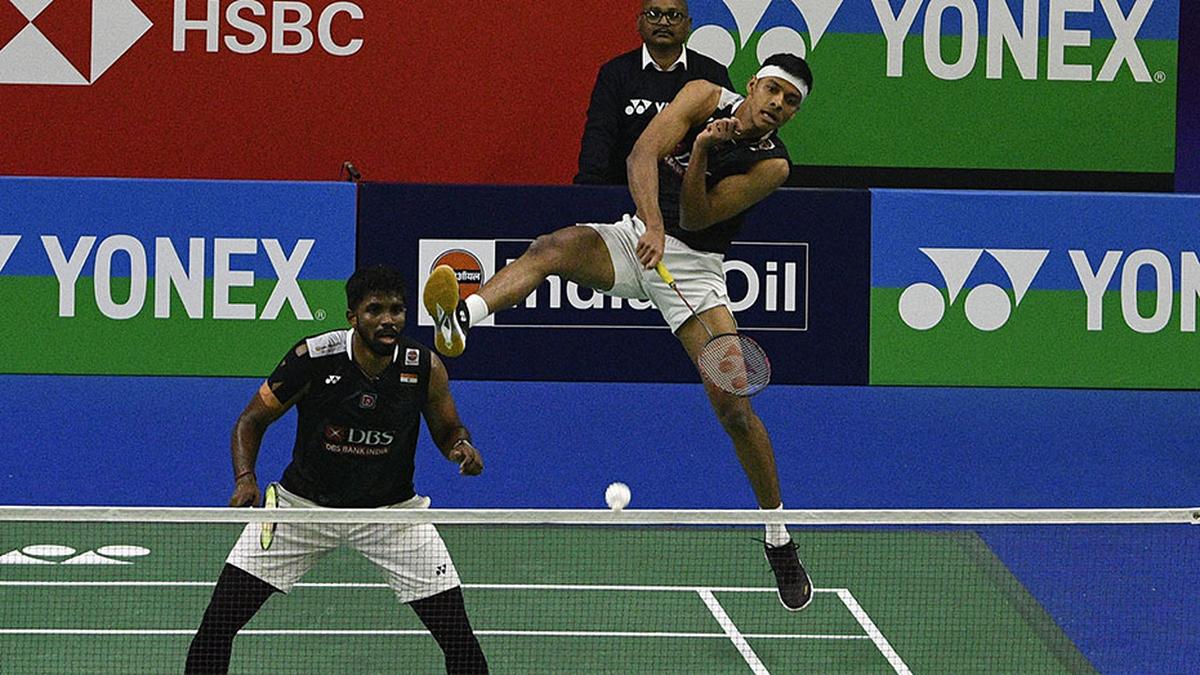
BWF rankings: Satwik, Chirag lose No.1 ranking; slip to third
The Hindu
Premier Indian doubles pair of Satwiksairaj Rankireddy and Chirag Shetty, who pulled out of their title defence at Indonesia Open last week, slipped two rungs to third in the latest Badminton World Federation rankings on June 11.
Premier Indian doubles pair of Satwiksairaj Rankireddy and Chirag Shetty, who pulled out of their title defence at Indonesia Open last week, slipped two rungs to third in the latest Badminton World Federation rankings on June 11.
China's Liang Wei Keng and Wang Chang are the new men's doubles No.1 followed by Denmark's Kim Astrup and Anders Skaarup Rasmussen, who jumped two places.
The Chirag-Satwik pair won the Thailand Open in May to reclaim the No.1 ranking but suffered loss of form and made a first-round exit from the Singapore Open last month.
The Indians have also pulled out of the ongoing Australian Open.
In men's singles, HS Prannoy and Lakshya Sen remained inside top-15, maintaining their 10th and 14th positions respectively.
Kidambi Srikanth dropped four places to be No 32, while Priyanshu Rajawat (No 34) and Kiran George (No 35, up by one place) were the next best Indians.
Two-time Olympic medallist PV Sindhu remained static at No 10 in the women's singles rankings.

After a long, tiring day all we want is to jump right on our cosy beds and rest comfortably on our soft, fluffy pillows, right? Pillows are not quite appreciated as much as electric cars or air-fryers, for instance. Pillows are a wonderful man-made creation that has improved the lives and sleep of people across the globe. Did you know ages ago people used to rest their heads on a HARD ROCK? So how did humans go from sleeping on stones to cosy, fluffy and soft pillows today? Let’s get into the origin of your everyday pillows!

As the November 30 deadline nears for installing vehicle location tracking devices (VLTD) and emergency panic buttons in public service and nationally permitted goods vehicles in Karnataka, transport unions representing cab, bus, and truck operators are urging the government to reconsider the mandate. They argue that the high cost of these devices and a lack of awareness have made it difficult for many vehicle owners to comply with the requirement.









